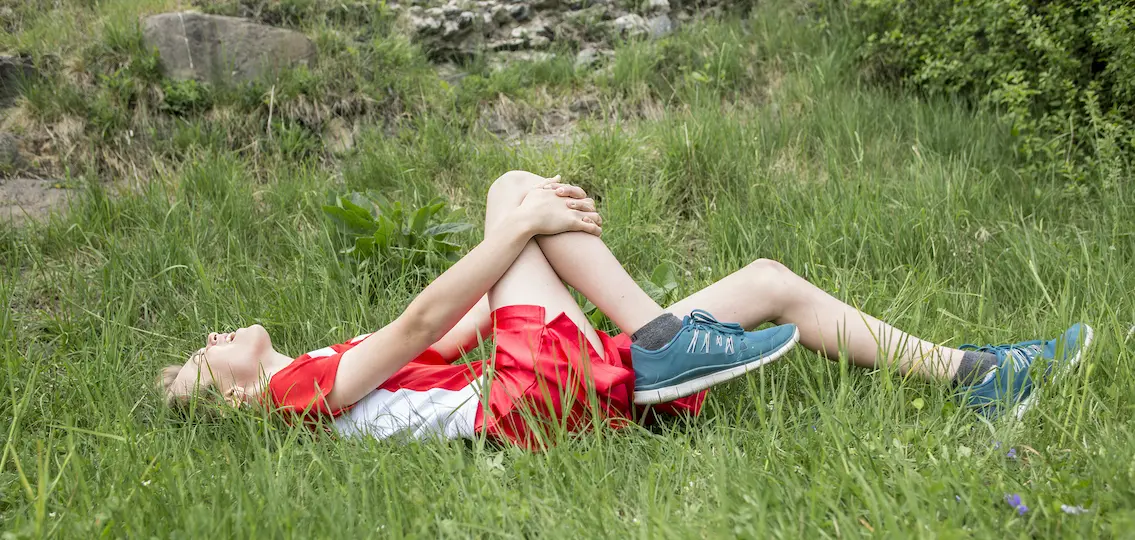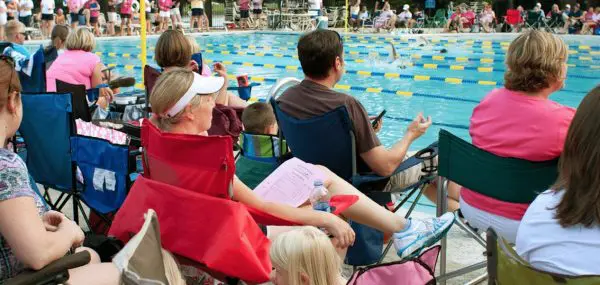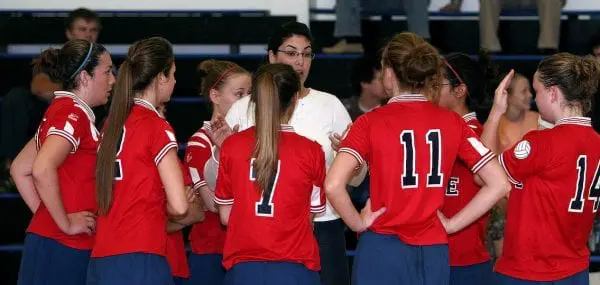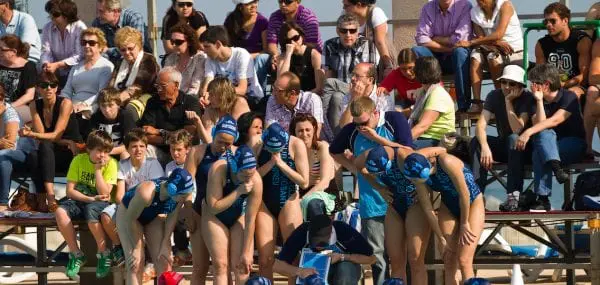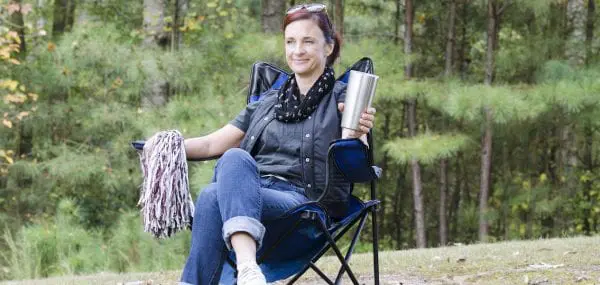Dear Your Teen:
My teenager is a high school athlete who got injured and can no longer play his sport. How can I help my injured athlete re-enter school when his whole identity was tied into his status as athlete?
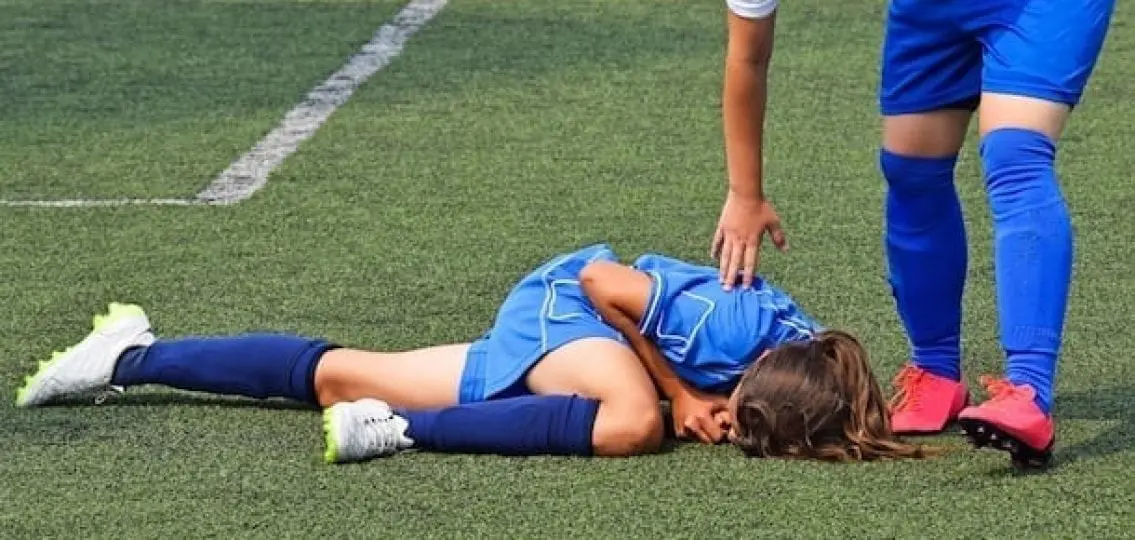
EXPERT | David Anderson, Ph.D.
This is a really good question. And not just for teen athletes but also for any student defined by a specific activity that then becomes impossible, whether because of youth sports injuries or any other reason. The tension here is clear—adolescents are going through the process of identity formation, and it can be hard to go through such a major transition when that identity might be fragile or “under construction” to begin with. All that said, there are a few things to think about with youth sport injuries, and what to say to an injured athlete.
5 Ways to Help An Injured Athlete Find A Life After Sports
1. Help them mourn the loss.
Sure, it’s not the same as the loss of a loved one or even a family pet. But losing the opportunity to do something you love is a big deal. It’s important that teens have caring adults and friends who will listen, acknowledge how they’re feeling, and allow them the space to be deeply sad or angry about what’s happened. And that isn’t just limited to one conversation. It can take time.
That’s especially if a teenager is also in the process of recovering from an injury and future athletic participation may be unclear or dependent on that very recovery process. On another note, it’s perfectly normal for teens not to want to talk about their feelings. Try to follow their lead, and avoid forcing the conversation.
2. Encourage flexible thinking.
Teens may not be ready to accept it right away. But not being able to play a sport does not mean the end of who they are. Nor does it end the prospect of finding other enjoyable activities. When you’re so defined by one thing that you’ve lost, it can be hard to outmaneuver that all-or-nothing thinking that suggests that you’re nothing without it.
We want to remind teens that their peers can and do value them for more than just their athletic talent. As they’re working through this transition, it will be important for supportive adults and friends to help them acknowledge other Spor, positive aspects of their personality, or qualities valued by friends and family members. Eventually, it will help them start to see the breadth of possibilities for both their identity and their future.
3. Get back to routines.
After any loss or major transition, getting back to daily routines can be immensely helpful. That’s things like school, family events, outings with friends, clubs or youth groups, part-time work. It reminds teens that life can move on and that they play important roles with family and friends.
4. Find activities to reduce stress.
Additionally, it’s important to really be mindful of a teen’s stress level in this process. Try to sit down with your teen; make a list of enjoyable, de-stressing, or relaxing activities. Ensure that the teen makes time for these activities (without necessarily avoiding other responsibilities) amidst the difficulty of this transition.
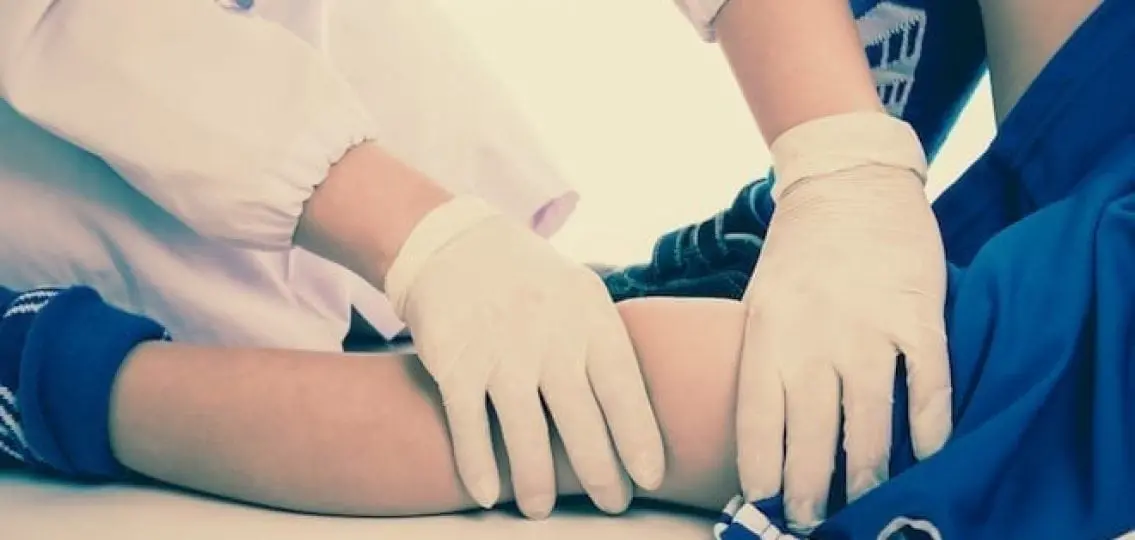
5. Get professional help if necessary.
Finally, when a teen experiences this type of loss or major transition, it’s very possible that the support of a school counselor or therapist may be required. Prolonged sadness or irritability, major changes in sleeping or eating habits, lethargy, or low motivation are all signs that your teen might be depressed. As your teen tries to cope, alcohol or substance use could also be a risk. These are all situations when it might be helpful to consult a therapist, both for the teen and to help the teen’s family know how best to provide support.
